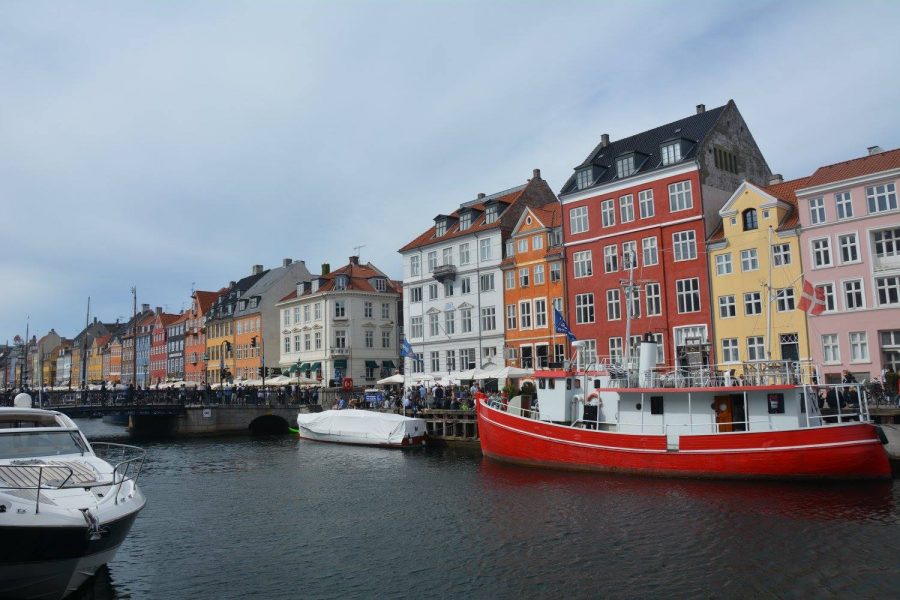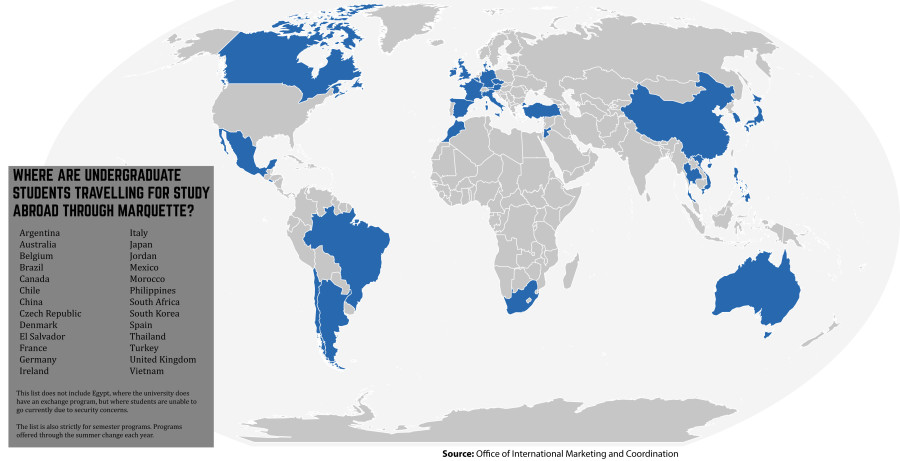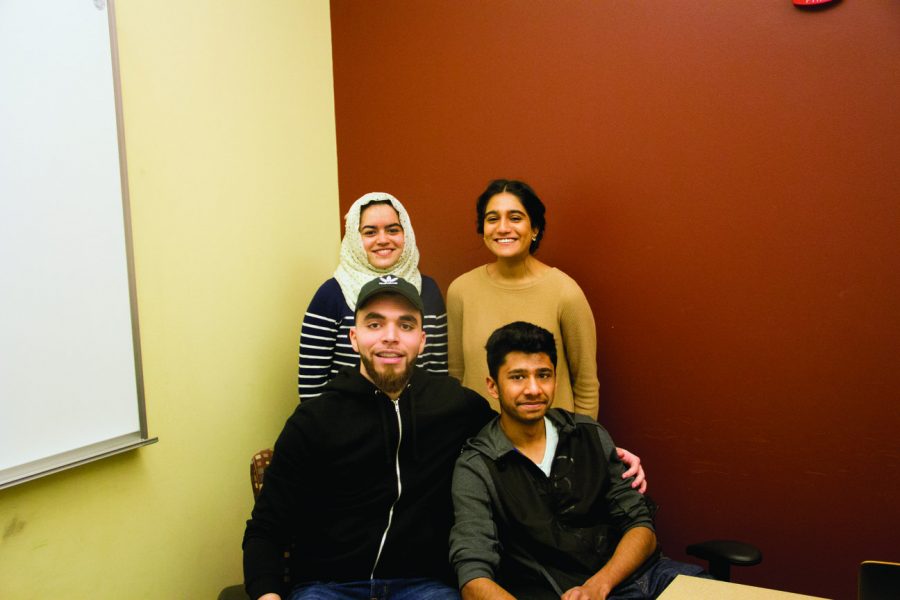Studying abroad is an experience widely considered to inspire personal growth. But many students don’t realize how vital it is to immerse themselves in their new host country, or how difficult that process can be.
Cultural immersion is the process of surrounding oneself with a specific culture, allowing an appreciation and understanding both independent of, and in conjunction with, American life. It can involve living with locals, exploring “non-tourist” areas, adopting the local language and generally investing in the surroundings. However, some students do not fully immerse themselves in the culture the way they should.
The natural response for some study abroad participants is to gravitate toward other American students, and while having a cultural foothold for emotional support can be helpful, relying too heavily on it can hinder the experience.
Not all host universities provide the option to have a roommate, which can encourage using a dorm room as a respite from culture shock. But the more time someone spends in their room, the less time that person is spending with the host country, so a conscious effort to spend as little time at “home” as possible is incredibly important.
Studying abroad is typically expensive. Committing to it means literally spending thousands of dollars to get somebody out of their comfort zone. The likelihood of being provided with a comparable opportunity somewhere down the road is slim, to say the least. Participants should take advantage of study abroad to the best of their ability.
The natural instinct to retreat into what feels familiar is understandable, but it needs to be recognized and wrestled with. While it’s natural to be nervous about branching out, immersing yourself in a new culture is the easiest way to learn about your own.
Sometimes the best way to learn about your home is to get as far away from it as possible, politically, socially and academically. Studying abroad is a chance to make new discoveries and become fascinated with things often taken for granted.
Among other things, global education holds the potential to be deeply cathartic while widening one’s capacity for compassion and cultural understanding. It presents an opportunity to more clearly discern one’s place in the world while encouraging independence and increasing self-assuredness.
However, some students get overzealous in their desire to experience new cities and countries, and express this by traveling immoderately. While convenient, cheap travel is a perk of studying abroad, there’s a reason the student chose their host country. Grappling a shallow understanding of many societies is far inferior to a deep, meaningful understanding of a few. By the end of the program, participants should be savvy in their country’s nuances, and the only way to gain that knowledge is to not ignore the study abroad location in favor of excessive travel.
By no means is this a process without challenges. Assimilating into a new place can be simultaneously terrifying and emotionally draining. The differences in social norms, standards of living and even the treatment of punctuality and etiquette can all contribute to discomfort. But the social enlightenment gained from the experience vastly outweighs the challenges.
This applies to all international and domestic programs, whether wrestling with a language barrier or acclimating to a life in Washington D.C. The most important thing in any OIE trip is continuing to strive toward cultural engagement despite setbacks.
Becoming invested in a host country can provide a multitude of opportunities for growth, both personal and otherwise. Students shouldn’t be afraid to accept it as their home, because it is — for a little while, anyway.









Ginny Gerner • Feb 21, 2018 at 7:09 pm
This is terrific! Very well written. Loved the picture as well.